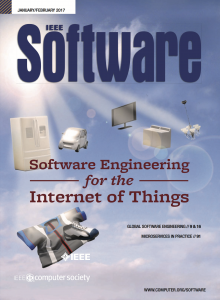The ESE research group has authored a cookbook for continuous experimentation based on the research in the N4S research program.
Continuous experimentation Cookbook – An introduction to systematic experimentation for software-intensive businesses provides an introduction to continuous experimentation, which is a systematic way to continuously test your product or service value and whether your business strategy is working.
An increasing number of companies are involved in building software-intensive products and services – hence the popular slogan “every business is a software business”. Software allows companies to disrupt existing markets because of its flexibility. This creates highly dynamic and competitive environments, imposing high risks to businesses. One risk is that the product or service is of only little or no value to customers, meaning the effort to develop it is wasted. In order to reduce such risks, you can adopt an experiment-driven development approach where you validate your product ideas before spending resources on fully developing them. Experiments allow you to test assumptions about what customers really want and react if the assumptions are wrong.
This book provides an introduction to continuous experimentation, which is a systematic way to continuously test your product or service value and whether your business strategy is working. With real case examples from Ericsson, Solita, Vaadin, and Bittium, the book not only gives you the concepts needed to start performing continuous experimentation, but also shows you how others have been doing it.
The cookbook was a deliverable in the N4S program.


